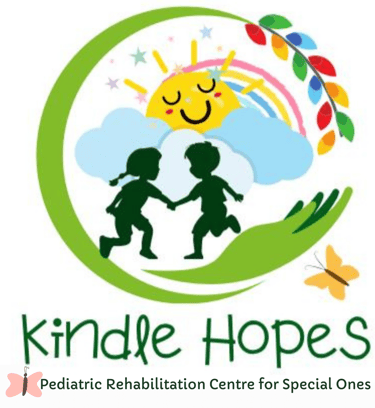Opening Soon! Contact 7899333952 for enquiries!
Speech Delay Signs and Speech Therapy
Benefits of Speech Therapy
8/29/20251 min read


Understanding Speech Delay in Children: Signs & Impact of Therapy
Signs of Speech Delay in Children
Speech delay refers to when a child’s speech and language development falls behind expected milestones. While every child grows at their own pace, certain red flags are worth noting:
Typical Milestones & Red Flags
By 12 months: Lack of babbling, gestures (like pointing or waving), or responding to their name.
Between 15–18 months: Not saying basic words like "mama" or "dada", or having fewer than 15 words.
By 2 years: Failing to combine two-word phrases (e.g., "want cookie").
By 3–4 years: Difficulty forming simple sentences, following basic instructions, or being understood even by family members.
Additional warning signs include limited vocabulary, unclear pronunciation, poor understanding of instructions, and reduced social interaction or playing less with peers.
Why Early Intervention Matters
Speech delays are more than a temporary setback—they often correlate with long-term learning, social, and emotional challenges. Children with untreated speech delays risk academic struggles, social withdrawal, and lower self-esteem.
Studies also show prevalence rates between 2–10%, and that factors like hearing issues, family history, prematurity, or low stimulation at home can increase risk.
How Speech Therapy Supports Growth
A Speech-Language Pathologist (SLP) offers targeted help through:
Comprehensive Assessment: SLPs use standardized tools to evaluate speech production, language understanding, and articulation skills.
Personalized Intervention Plan: Therapy includes playful, age-appropriate activities that target vocabulary-building, sound formation, comprehension, and conversational skills.
Parent Involvement: Parents learn how to reinforce these techniques during everyday routines—essential for consistency and progress.
Early Intervention Benefits: Addressing delays when children are young improves their communication outcomes and supports smoother school transition.
